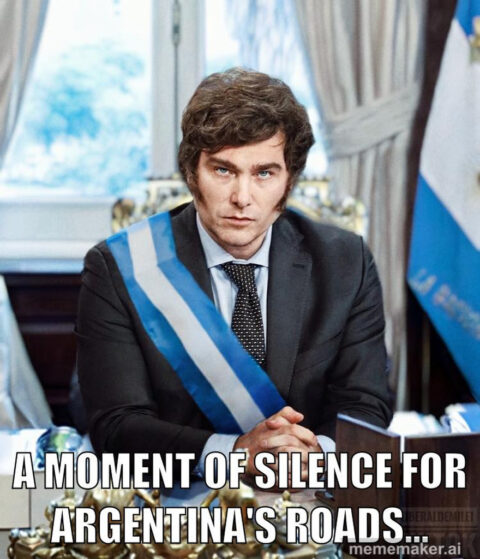The Trudeau government has won a glorious, historic victory over the evil capitalistic powers of Google in the war of Bill C-18. Let all patriotic Canadians raise their hands to cheer our victorious politicians before they have to admit out loud that they fucked up real good:
Heritage Minister Pascale St. Onge has surrendered to Google and Canadian media have avoided what would have been a catastrophic exclusion from the web giant’s search engine.
In the short term, this is very good news. The bureaucrats at Heritage must have performed many administrative contortions to find the words needed in the Online News Act‘s final regulations to satisfy Google, a beast which isn’t easily soothed. In doing so, they have managed to avoid what Google was threatening — to de-index news links from its search engine and other platforms in Canada. Given that Meta had already dropped the carriage of news on Facebook and Instagram in response to the same legislation, Google’s departure would have constituted a kill shot to the industry.
Instead, the news business will get $100 million in Google cash. For this, all its members will now fight like so many pigeons swarming an errant crust of bread.
The agreement will also allow the government, while surrounded by an industry whose reputation and economics have been devastated by this policy debacle, to attempt to declare victory. Signs of that are already evident.
That’s the good news.
The bad news is that while 100 million bucks is nothing to sneeze at, in the grand scheme of things it is a drop in the bucket for an industry in need of at least a billion dollars if it is to recover any sense of stability. Indeed, when News Media Canada first began begging the government to go after Google and Meta for cash, some involved were selling the idea that sort of loot was possible.
This did not turn out to be so.
Instead of the $100,000 per journo cashapalooza that was once hoped for, the final tally will be more like $6,666.00 per ink-stained wretch.
That figure is based on two assumptions. The first is that the government has agreed to satisfy Google’s desire to pay a single sum to a single defined industry “collective” that would then divide the loot on a per-FTE (full-time employee) basis to everyone granted membership in the industry’s bargaining group. Google had made it clear it had no interest in conducting multiple negotiations and exposing itself to endless and costly arbitrations. So, as we have a deal and Google held all the cards, it’s fair to assume it got what it wanted — a single collective with a single agreement and a single cheque.







